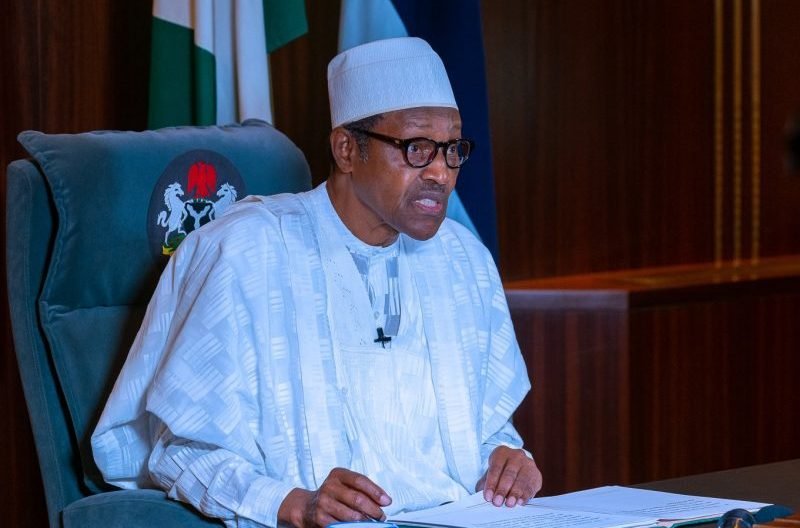The federal government is preparing for an extended period of low oil prices, as President Muhammadu Buhari, said a quick economic recovery measure is being addressed.
Buhari opened up on the new strategy at an energy event on Friday.
Nigeria should diversify away from oil, on which it is heavily reliant for foreign exchange income, the president added.
Nigeria, which is also the biggest economy on the continent, needs to develop non-oil sectors to diversify its revenues, Buhari said.
The oil and gas industry continues to be a significant contributor to Nigeria’s economic development and economic growth, representing some 10 percent of gross domestic product (GDP), the president added.
Nigeria, like other oil-producing countries, is suffering from the double whammy of the coronavirus-related economic slowdown and the oil price crash.
The collapse in oil prices and oil demand, and the new OPEC+ production cut deal – with which Nigeria has yet to comply fully have crippled Nigeria’s government revenues, more so than in some other countries, because crude oil is Nigeria’s largest source of revenues.
In the second quarter of this year, Nigeria’s economy shrank by 6.1 percent year over year due to the low oil prices and the lockdowns in the country to curb the spread of the coronavirus.
After the OPEC+ deal began in May, Fitch Ratings said that Nigeria’s participation in the deal would result in “deeper economic contraction and fiscal deficits and compound pressures on external finances from the slump in oil prices.”
Nigeria’s fiscal breakeven oil price the price of oil at which Nigeria balances its budget is very high, at US$133 per barrel given remarkably low non-oil fiscal intakes, Fitch has estimated.
According to the World Bank’s latest update on Nigeria from June 2020, the collapse in oil prices coupled with the pandemic is expected to plunge the Nigerian economy into the most severe recession in four decades the worst since the 1980s.


